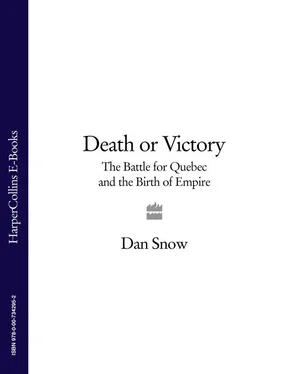THE BATTLE OF QUEBEC AND THE BIRTH OF EMPIRE

To Mum and Dad
Cover Page
Title Page Death or Victory THE BATTLE OF QUEBEC AND THE BIRTH OF EMPIRE
Dedication To Mum and Dad
Maps
Author’s Note
Prologue
One
Two
Three
Four
Five
Six
Seven
Eight
Nine
Ten
Eleven
Twelve
Thirteen
Fourteen
Fifteen
Epilogue
Bibliography
Notes
Index
Copyright
About the Publisher
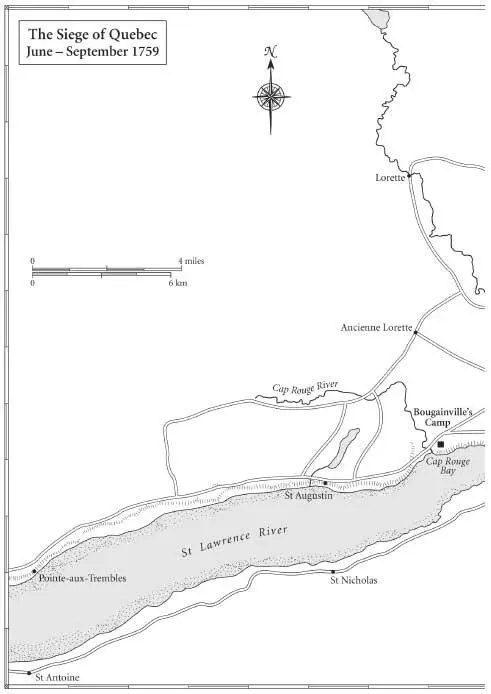
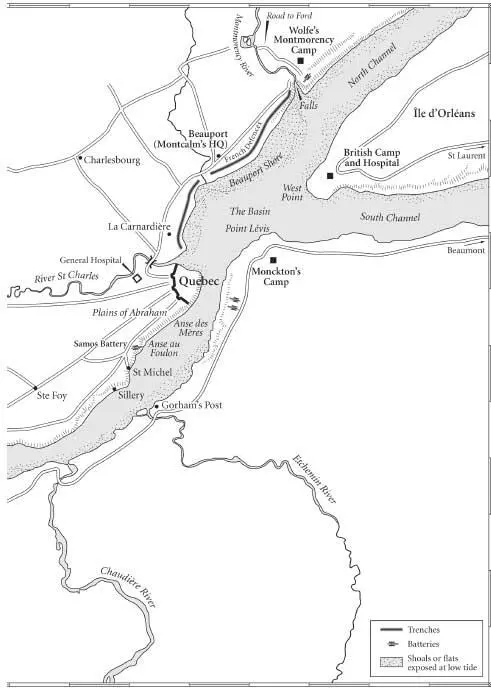
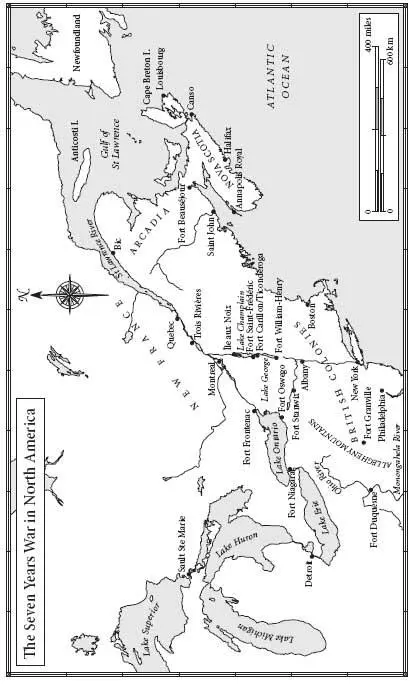
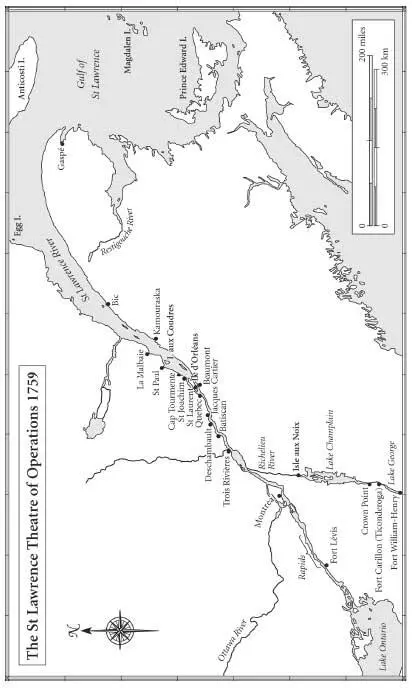
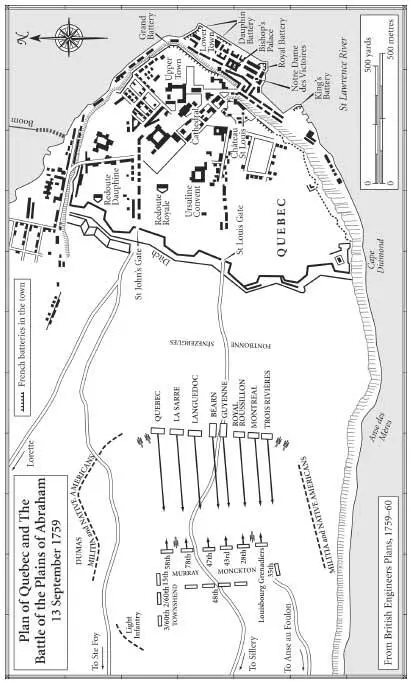
AUTHOR’S NOTE
‘One of the great battles of the world.’
FIELD MARSHAL MONTGOMERY
BATTLES CAN CHANGE the course of history. The fighting in North America that culminated with the battle James Wolfe fought outside the walls of Quebec on 13 September 1759 altered the world in a dramatic and lasting way. The dominance of the Anglo-Saxon model with its ideas of government, manners, trade, and finance was built on the British victory in what was truly a world war. Appropriately, I wrote this book during the course of a busy year spent all over the world. In Auckland, New Zealand, I wrote for a few hours every day and then took a fast stroll down to the glistening waters of the Hauraki Gulf to restore my energy. Every time I passed Wolfe Street I smiled; the shabby city street seemed to have little to do with the lanky, chinless, volatile commander of the British army at Quebec. It was, however, a powerful reminder of the enduring significance of the Seven Years War. Those events in the mosquito-ridden woods of New England and Canada, on the foaming seas off Western Europe, and in the shadow of the grand architecture of Quebec still matter. There are Wolfe Streets in cities in every corner of the world: Cape Town, Canberra, Baltimore, Houston, London, Liverpool, and Little Rock, Arkansas. On reflection it is not surprising that Auckland, a city that sprang into life during this time of Anglo-Saxon cultural supremacy, should have a reference, however small, to a man who helped to bring that supremacy about.
The raising of the Union Flag over Quebec and the destruction of French power in North America were far more significant for world history than the subsequent American Revolution. The revolution was merely a squabble for control over the fruits of the British victory over France and her Native allies. At the end of the Seven Years War a continent rich in farmland, minerals, and raw materials fell into the lap of the Anglo-Americans. In time, this continent would become the engine of an international system based on the rule of law, commercialism, representative institutions, and the English language. In the twentieth century North America would play the key part in defending that system as it was challenged by militarism, fascism, and communism. It was the armourer, paymaster, granary, and provider of millions of troops to defend the world order that had been born as a result of the Seven Years War.
Britain defeated France in the Seven Years War because she was able to assemble a crushing advantage in men and ships, paid for by an unprecedented level of government borrowing. By the mid-eighteenth century the French crown was unable to mobilize the country’s superior wealth or manpower nearly as effectively as its smaller neighbour, Britain. The underfunded French navy was swept from the seas by a supremely professional British Royal Navy, while its army remained bogged down in a European war against enemies kept in the field by British loans. British victory owed much to favourable credit ratings. Yet the muskets still needed firing, the ships of the line still needed expert handling, the armies and raids still needed leadership, and the men who trudged along the frontiers of empire still needed to bear the heavy burden of campaigning, fighting, and surviving. The campaign and battle at Quebec in 1759 is a reminder that it was also a victory of flesh, blood, and grit. Indeed, the battle fought on the Plains of Abraham outside Quebec, brief though it was, demonstrates that individuals and the choices they make matter hugely even in vast conflicts. British financial might may have projected Wolfe and his army deep into enemy territory and kept them fed and supplied but the capture of Quebec was not bound to follow.
A battle is celebrated, remembered, and studied not just because it is a decisive event, but because it looks and sounds like one. We cannot help but to be fascinated by its violent crescendos, its sounds, smells, and extremes of emotion, and the flight of one side or another. The mass of British subjects, at the time and since, could not understand or even picture a bond market and were unlikely to name streets after one, but battles can fill imaginations. To English-speaking peoples the victory at Quebec came to be seen as a milepost that marked their rise to global hegemony. Quebec symbolized, and still does, the seismic geo-political shift that occurred in the middle of the eighteenth century. A shift that changed the world for ever.
In attempting to tell the story of that summer in 1759 I have been assisted by friends, colleagues, and family in at least four countries. The book would not have existed were it not for my agent, Caroline Dawnay, and my auntie, Margaret MacMillan, a historian who I can only dream of emulating. Another historian I have always respected and to whom I now owe a debt of gratitude is Professor Robert Bothwell, an expert editor who helped me to avoid terrible mistakes and improve the book in no small measure. Arabella Pike at HarperCollins provided the unflagging support that one would expect from the latest in a line of martial types. It was a privilege to be allowed to renew my partnership with Martin Redfern when Arabella left on maternity leave. Carol Anderson was stunningly efficient. Sarah Hopper was her usual brilliant self on the pictures and Sophie Goulden had the patience of a rock as she steered the project home.
Museums and libraries all over the world have been unstintingly generous with their time and advice. Dorian Hayes at the British Library was a great source of suggestions. Valerie Adams at the Public Record Office in Belfast could not have been more helpful. Pieter Van der Merwe at the National Maritime Museum was very good to give up a morning to fire volley after volley of brilliant, if totally unrelated facts and ideas at me. Richard Kemp at the Somerset Military Museum went so far beyond the call of duty that I was embarrassed. Lizzy Shipton at the Rifles Museum, Salisbury, was a great help and Alan Readman, the assistant country archivist, West Sussex, Nora Hague at the McCord Museum, Montreal, Odile Girard at the Library and Archives Canada, and the team at Harvard all made research that little bit easier.
Читать дальше
